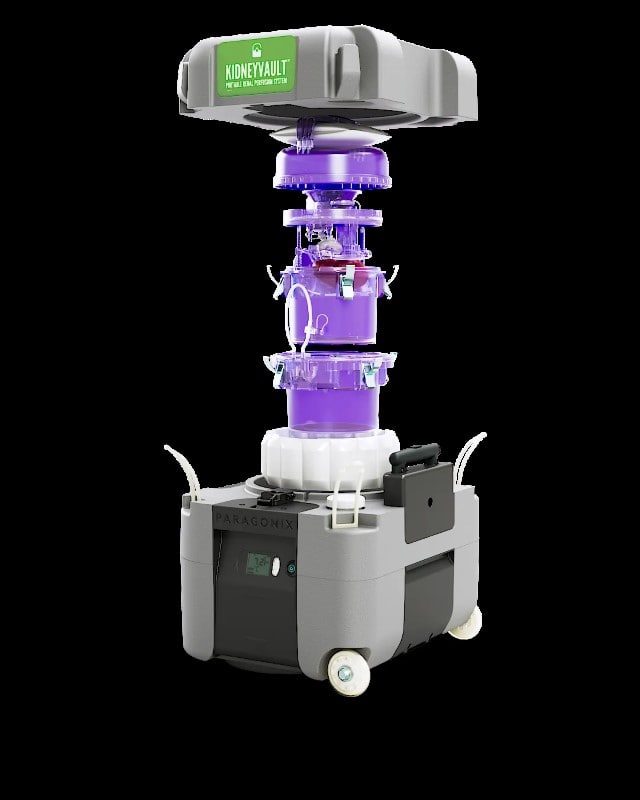
On November 27, the US Department of Health and Human Services (HHS) issued a final rule to expand access to kidney and liver transplants for people living with HIV.
As allowed by the HIV Organ Policy Equity (HOPE) Act, the HHS determined that clinical research will no longer be a requirement for transplantation from donors with HIV to recipients with HIV. The change is supported by research showing the safety and effectiveness of kidney and liver transplants between HIV-positive donors and HIV-positive recipients.
“We continue to do everything in our power to increase access to lifesaving organs while addressing health inequities faced by people with HIV,” said HHS Secretary Xavier Becerra in a press release. “This rule removes unnecessary barriers to kidney and liver transplants, expanding the organ donor pool and improving outcomes for transplant recipients with HIV. This evidence-based policy update demonstrates our commitment to ensuring all Americans have access to the care they need.”
In tandem with the final rule, the National Institutes of Health published a notice seeking public comment on a proposed revision to its research criteria for HOPE Act transplants of other organs, such as heart, lung, and pancreas.







 © 2025 Mashup Media, LLC, a Formedics Property. All Rights Reserved.
© 2025 Mashup Media, LLC, a Formedics Property. All Rights Reserved.